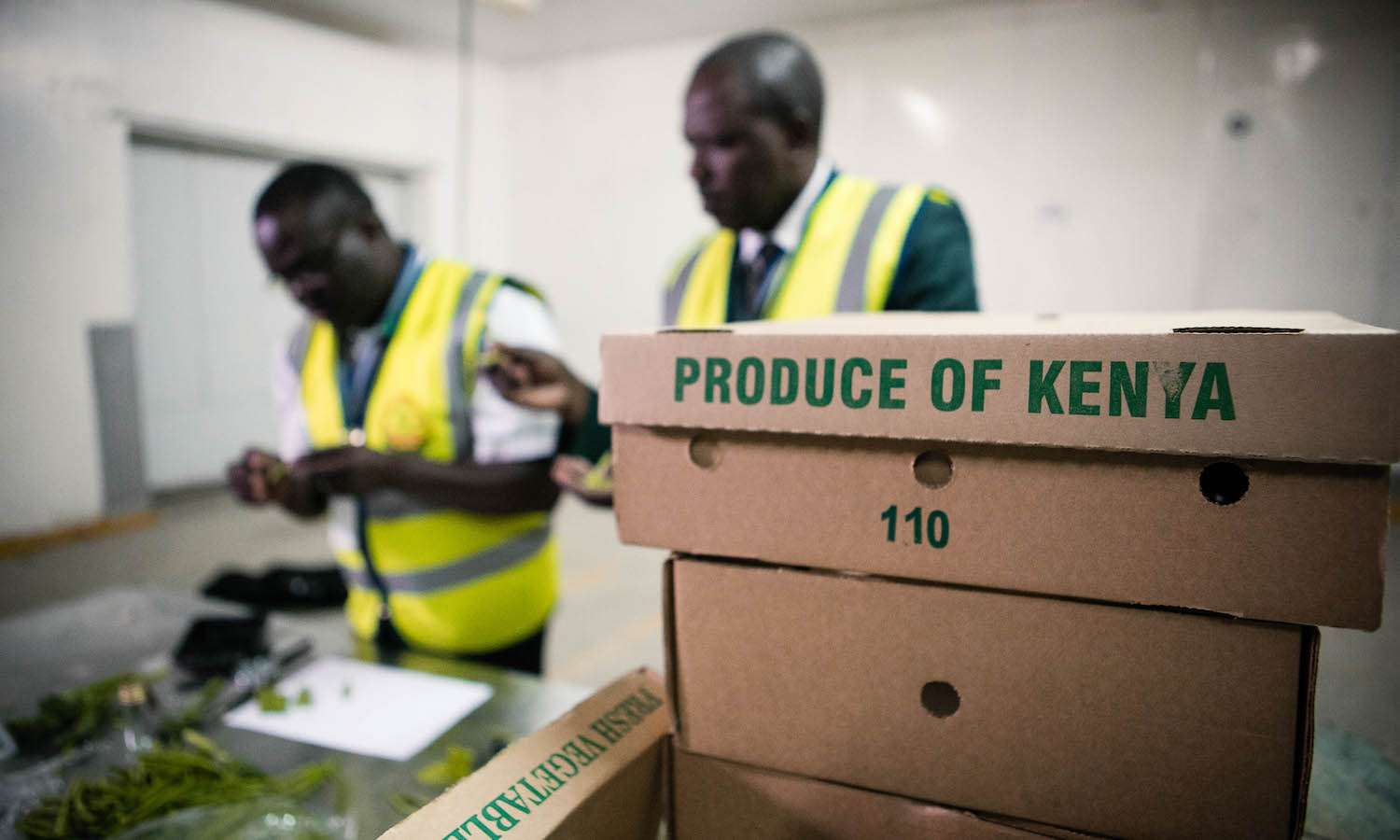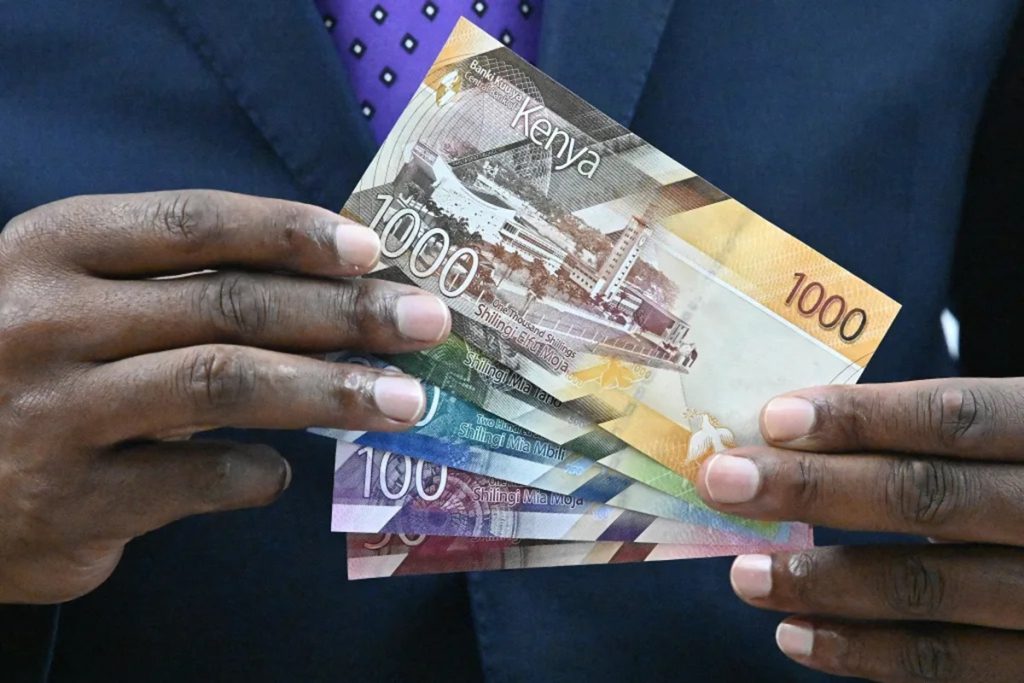The weakening Euro and Sterling pound caused Kenya’s export revenues for fruits, vegetables, and flowers to drop to their lowest point in more than two years in September. Horticulture export revenues decreased by 5%, from Ksh. 9.3 billion in August to Ksh. 8.8 billion, according to data from the Central Bank of Kenya (CBK).
Despite a rise in the volume of exported fruits, vegetables, and flowers, this is the fourth consecutive month in which revenues have decreased. Fresh vegetables were the most negatively impacted, with a volume increase to 17,222 tons from 14,616 tons but decrease in revenues. The steep decline in the value of the sterling pound and the euro relative to the Kenyan shilling, which affected exporters’ profits, was a major factor in the decline.
However, the value of the two currencies has begun to progressively increase, giving exporters a boost since they will now profit more from their shipments to the European market. In recent years, there has been an increase in demand for fresh vegetables, together with a growing interest in organic foods, which has pushed Kenyan vegetables to the forefront of the international market, augmenting more traditional exports like coffee, tea and flowers.
To reduce dependency on the European market, the government is looking at additional markets such as those in Far East Asia and the Arabian Gulf. The government, which depends on export revenue for foreign exchange at a time when Kenya’s trade imbalance is quickly expanding and increasing demand for foreign currency, is hurt by the decline in profits from horticulture export.





